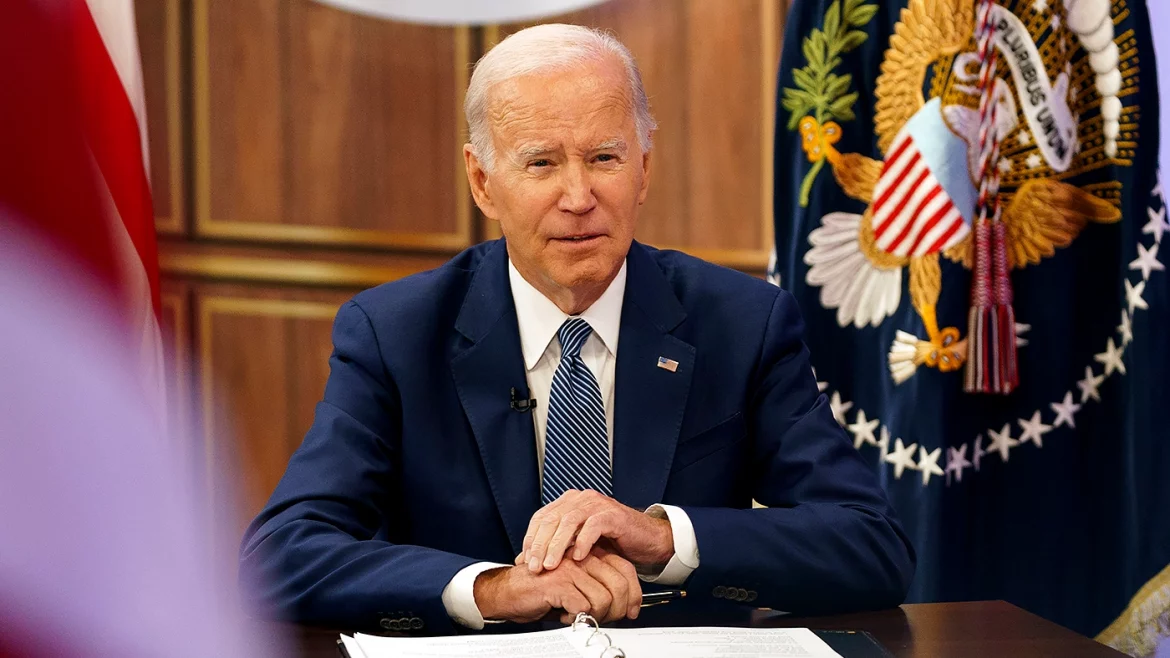The long-awaited Biden administration national security strategy has been released, putting climate change at the centre of policymaking toward China, the Arctic, and many other parts of the globe.
The strategy released Wednesday by the White House, among other things, integrates global warming into national security policy to an unprecedented extent, making clear the administration views the issue as “the existential challenge of our time.”
According to the Whitehouse, the shrinking window to meet the Paris Agreement targets is one of several dynamics at play that will either point toward a more stable world or help usher in “[a]n age of conflict and discord,”.
Read also: Akufo-Addo criticizes West over low funding for climate change
Several reports show that previous climate change and security assessments from the military, the intelligence community and think tanks have pointed to climate change as a threat multiplier.
For example, climate change can worsen extreme weather and climate events, from hurricanes to droughts, leading to politically destabilizing mass migrations that can entangle the U.S. military in humanitarian relief missions.
According to the new strategy, climate change is among the greatest of the world’s shared challenges, which lies “[a]t the very core of national and international security,” along with food insecurity, terrorism and inflation.
Although the strategy states that the U.S. is open to cooperating on shared challenges with rivals, pointing to climate talks with China, It took a swipe at China’s climate policies, stating that the Chinese government “[a]lso continues to endanger the world with inadequate action on climate change domestically, particularly regarding massive coal power use and build up.”
The document agreed with the fraught nature of the energy transition and the need to reduce the country’s dependence on hostile regimes “that seek to weaponize energy for coercion,” citing Russia as an example.
It also touted a climate agreement with China that helped pave the way for the Paris Agreement, adding that climate change impacts are far more severe, and the window to cut emissions sufficiently to meet the Paris targets is rapidly closing.
Story was adapted from Axios.
